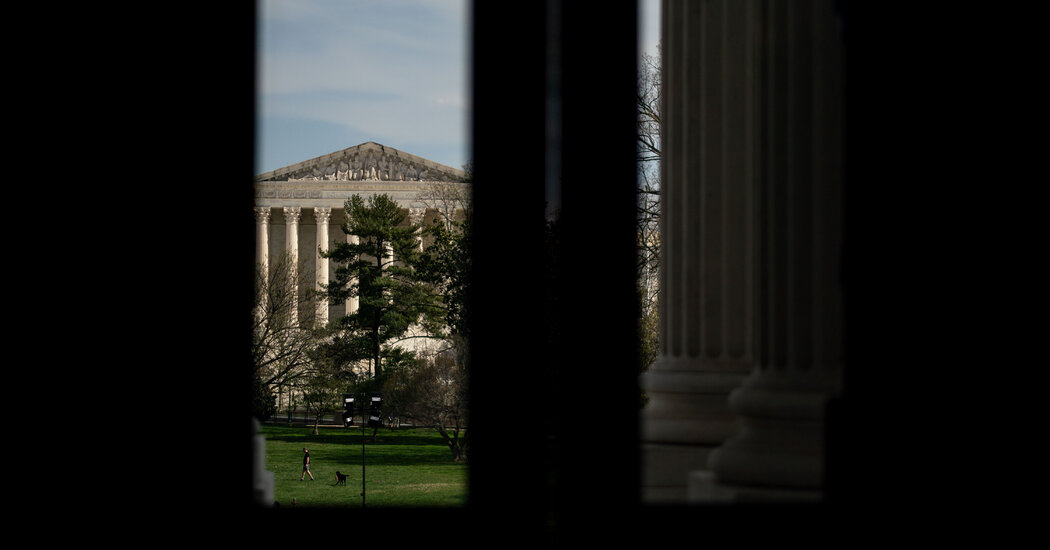In two unanimous rulings, the justices tried to distinguish between private conduct, which is not subject to the First Amendment, and state action, which is.
The Supreme Court, in a pair of unanimous decisions on Friday, added some clarity to a vexing constitutional puzzle: how to decide when elected officials violate the First Amendment by blocking people from their social media accounts.
Justice Amy Coney Barrett, writing for the court in the lead case, said two things are required before officials may be sued by people they have blocked. The officials must have been empowered to speak for the government on the issues they addressed on their sites, she wrote, and they must have used that authority in the posts in question.
The court did not apply the new standard to the cases before them, involving a city manager in Port Huron, Mich., and two members of a school board in California. Instead, it returned the cases to lower courts to perform that task.
The cases were the first of several this term in which the Supreme Court is considering how the First Amendment applies to social media. The court heard arguments last month on whether states may prohibit large technology platforms from removing posts based on the views they express, and it will consider on Monday whether Biden administration officials may contact social media platforms to combat what they say is misinformation.
The cases on Friday were less significant than the others, and the tentativeness of the two rulings demonstrated the difficulty of applying old doctrines to new technology.
In both cases, the question was whether the officials’ use of the accounts amounted to state action, which is governed by the First Amendment, or private activity, which is not.
